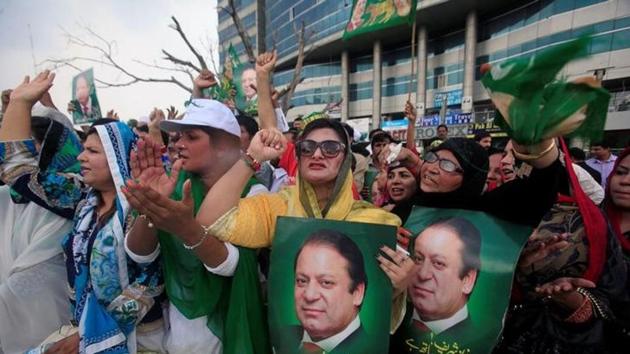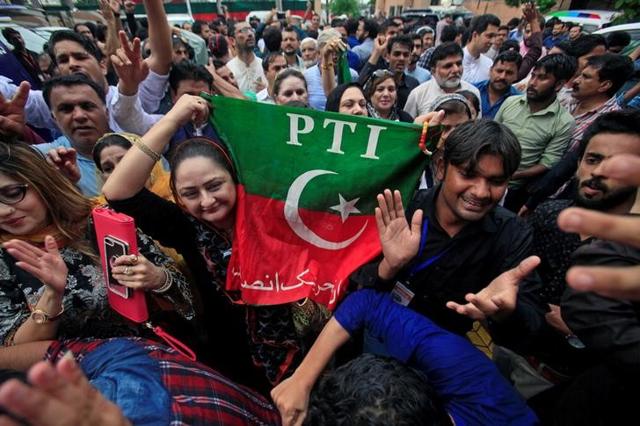Nawaz Sharif’s ouster means hopes of mending India-Pakistan ties dashed
Indian officials and experts said the political crisis in Pakistan and the way it would possibly pan out will require India to be cautious.
The disqualification of Prime Minister Nawaz Sharif and the resultant political uncertainty in Pakistan has further diminished the possibility of the normalisation of the fragile India-Pakistan ties in the near future.

There was no formal statement from the Indian government, but the officials who spoke on conditions of anonymity and experts have said the immediate political crisis in Pakistan and the way it would possibly pan out will require India to be cautious.
“First of all, we need to see who succeeds Nawaz Sharif and what is immediately in store for Pakistan’s polity. Any change of guard in Islamabad is also set to bring change in the country’s Indian policy, a subject where the Pakistan Army has the foremost say,” an official said.
India-Pakistan ties under Sharif have swung from one end to another. He enjoyed a personal rapport with Prime Minister Narendra Modi and attended Modi’s swearing-in in New Delhi. He also hosted the Indian leader at his Lahore residence on an unannounced visit.
The two sides also made efforts to re-launch the dialogue process, but a series of terror strikes from across the border brought the ties to the nadir and mutual distrust to the fore.
“Prime Minister Modi was very clear that India would engage with civilian leadership with Pakistan and nothing should undermine the centrality of the civilian leadership,” another official said.

“With Sharif stepping down and possibly curtains on his political career, whatever the rapport Sharif and Modi developed — which could have used for resetting the ties sometime later — is gone,” said strategic affairs expert C Uday Bhaskar.
“Now that the Pakistan administration will be busy sorting the domestic mess, it needs to be seen how soon they would be able to devote time to repair India-Pakistan ties. So India should be cautious to the developments in Pakistan,” he said.
There is an overweening concern over the role the Pakistan Army would play in the next government as well as on India-Pakistan ties.
“This judicial coup is a big win for the army-ISI combine. Such are the Pakistani deep state’s tentacles that the Supreme Court-established Joint Investigation Team, whose report led to Sharif’s ouster, included members of two military intelligence agencies (ISI and Military Intelligence),” argued strategic affairs expert Brahma Chellaney.
He said the resignation of Sharif and subsequent developments “only underscores India’s quandary in dealing with a country in which there is no real central authority”.
“There is a central authority in name, but behind that central authority is a powerful authority that operates covertly. This split authority is at the root of many of Pakistan’s ills,” he said.





